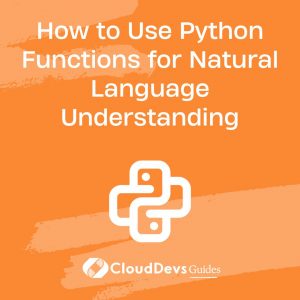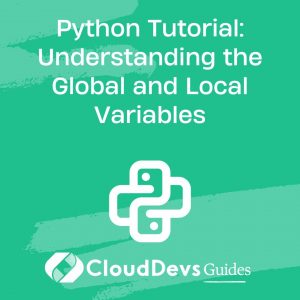Python Q & A
How to use Python with machine learning?
Using Python for machine learning (ML) has become increasingly popular due to its simplicity, versatility, and a rich ecosystem of libraries tailored for data science and ML. Here’s a brief guide on how to get started:
- Foundational Libraries: Start by familiarizing yourself with Python’s foundational data libraries. This includes `NumPy` for numerical operations, `pandas` for data manipulation, and `matplotlib` or `seaborn` for visualization. These libraries form the backbone for any data-related tasks in Python.
- Scikit-learn: This is the go-to library for classical machine learning in Python. `Scikit-learn` offers a wide range of algorithms for regression, classification, clustering, and more, all under a unified API. It also provides tools for model evaluation, selection, and preprocessing.
- Deep Learning Frameworks: If you’re venturing into deep learning, Python has you covered with frameworks like `TensorFlow` and `PyTorch`. These libraries allow you to design, train, and test deep neural networks. While `TensorFlow` is known for its production readiness and a broader ecosystem, `PyTorch` is celebrated for its dynamic computation graph which is especially handy for research.
- Specialized Libraries: For specialized tasks, Python offers libraries like `NLTK` and `spaCy` for natural language processing, `OpenCV` for computer vision, and `librosa` for audio processing, among others.
- Model Deployment: Once your machine learning model is trained, tools like `Flask` or `FastAPI` can be employed to wrap your model in a web API, enabling integration with applications. For scalable deployment, consider platforms like TensorFlow Serving or cloud solutions such as AWS SageMaker.
- Continuous Learning: The field of machine learning is dynamic. Engage with the community, participate in forums like Stack Overflow or the subreddit r/MachineLearning, and consider platforms like Kaggle to practice your skills on real-world datasets.
Python’s extensive ecosystem for machine learning, combined with its readability and scalability, makes it an excellent choice for both beginners and seasoned ML professionals. Whether you’re developing a simple regression model or a state-of-the-art deep learning application, Python provides the tools and libraries to help you achieve your goals efficiently.

Previously at


Brazil

GMT-3
Senior Software Engineer with 7+ yrs Python experience. Improved Kafka-S3 ingestion, GCP Pub/Sub metrics. Proficient in Flask, FastAPI, AWS, GCP, Kafka, Git



